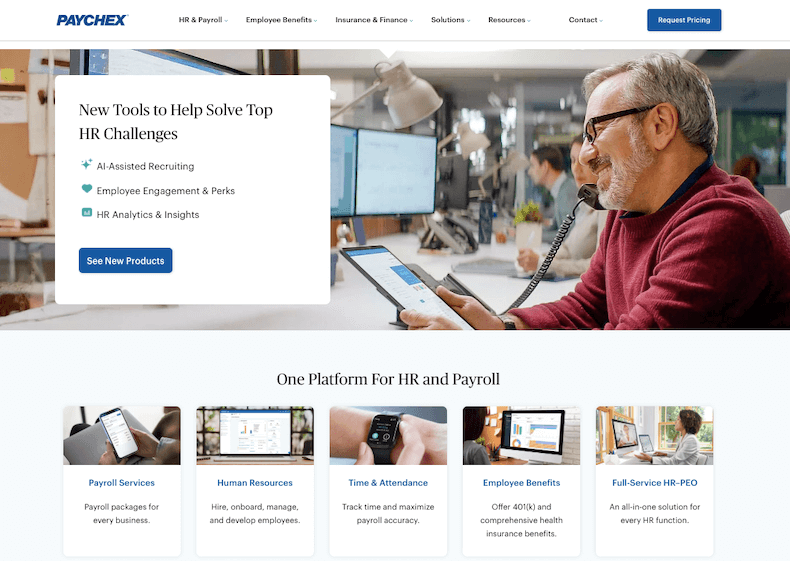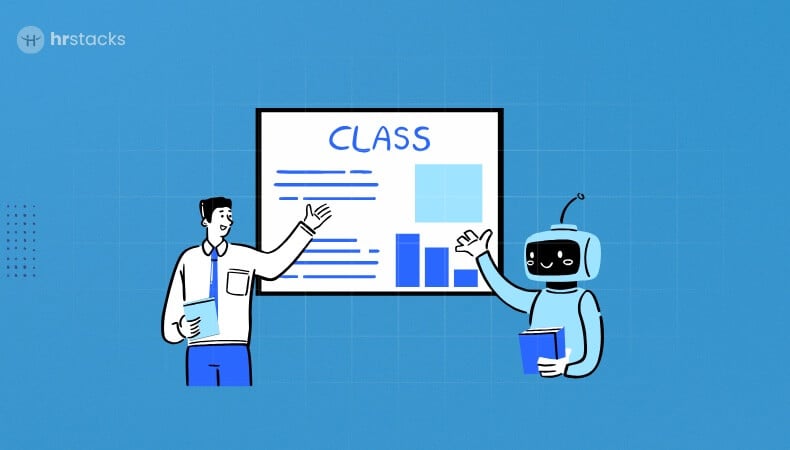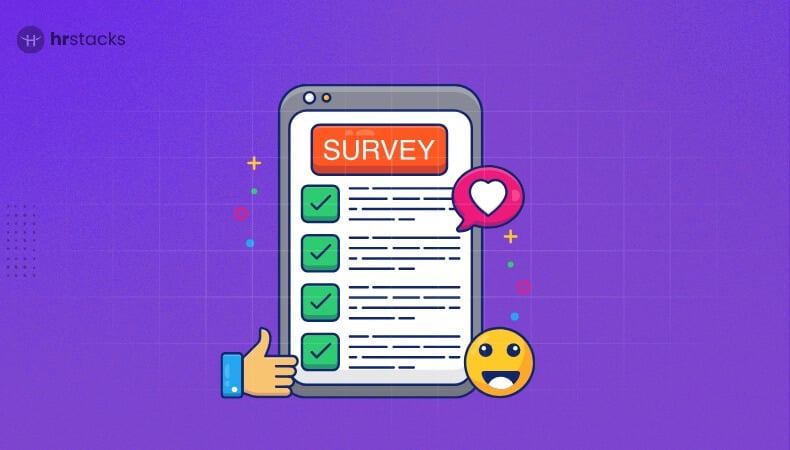Issue #2 • July 11, 2025

The world of HR is evolving faster than ever, and staying ahead means knowing where tech, culture, and people strategy intersect.
🖋 In This Edition of People Stack:
Why generational inclusion is emerging as HR’s biggest strategic edge
A deep dive into Paychex: a trusted platform for payroll and compliance
3 must-read guides from HRStacks on HRIS security, pulse surveys, and AI in learning
Fresh reads on AI-driven hiring, compensation benchmarking, and energy-based productivity
Building trust and culture in hybrid workplaces
Whether you’re leading HR at a startup or scaling globally, these reads are high-signal and ready to inspire smarter thinking and better teams.
Why Generational Inclusion Is HR’s Next Competitive Advantage

Five (soon six) generations now coexist in the workplace, from Baby Boomers to Gen Z, and Gen Alpha not far behind. This diversity holds massive potential for innovation, empathy, and resilience, but only if HR leaders design for it.
In this edition, we unpack why managing multigenerational teams isn’t just a DEI checkbox; it’s a business imperative. You’ll discover:
How reverse mentoring and flexible team design are boosting creativity and retention
What companies like PwC, British Airways, and EY GDS are doing to bridge generational gaps
Why inclusive communication, personalized learning, and adaptive leadership are must-haves
And how HR tech is making it all scalable and trackable
Generational diversity done right fuels growth. Done passively, it causes friction. The difference lies in intentional HR strategy, and now’s the time to lead it.
🛠️ Tool in Focus: Paychex

Best for: Payroll, HR administration, benefits, and compliance for U.S.-based and small-to-midsize businesses
Paychex is a comprehensive HR and payroll platform designed to support small and growing businesses with everything from hiring and onboarding to benefits administration, tax compliance, and employee self-service tools. It’s especially strong for U.S.-based employers looking for scalable HR tech without the enterprise complexity.
✅ Key Features:
Run payroll in all 50 U.S. states with built-in tax calculation and filing
Offer health insurance, 401(k), and benefits through integrated partners
Handle employee onboarding, time tracking, and PTO management
Stay compliant with labor laws and HR regulations via automated alerts
Access 24/7 HR support and reporting tools through Paychex Flex
Why We Like It:
Paychex is one of the most trusted payroll providers in the U.S., offering rock-solid compliance and strong customer support. With modular pricing and feature-rich HR tools, it’s ideal for businesses that want flexibility, reliability, and hands-off payroll management as they scale.
📚 Good to Read: Fresh Picks for HR Teams
From HRStacks:
From Around the Web:
Indeed and Glassdoor recently laid off 1,300 employees as they integrate generative AI into their platforms. This article explores how AI is reshaping the hiring landscape, not just for job seekers, but for the HR tech companies themselves. A must-read on the shifting balance between automation and human roles.
Instead of tracking hours worked, more companies are now measuring employee energy, focus, and burnout risk. This trend is leading to new tools and KPIs in HR analytics. The article explores how this shift can improve productivity and employee well-being.
This article explores practical ways to maintain team trust, collaboration, and culture in hybrid and remote setups. From leveraging real-time feedback tools to fostering async transparency, it’s a useful guide for HR teams working across distributed teams.
AI-driven compensation platforms like Payscale’s new Verse tool are helping HR teams price roles more accurately and fairly. This piece breaks down how AI can improve salary benchmarking, internal equity, and compensation transparency across organizations.





